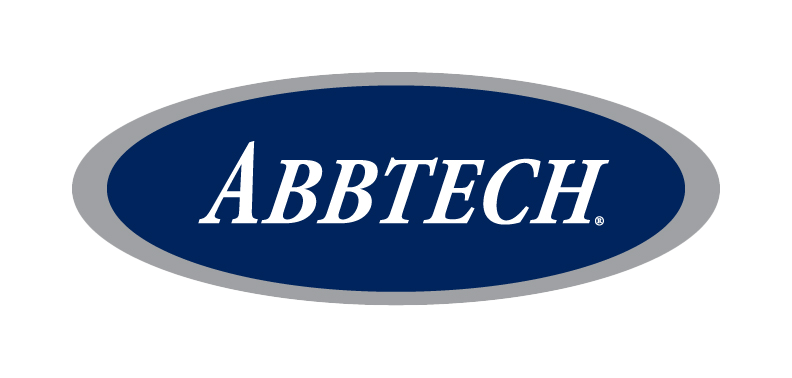Whether you’re an IT professional seeking your next challenge, an engineer ready to innovate in a new environment, or a veteran transitioning your military experience into civilian tech roles, the job search process can feel overwhelming and impersonal.
What if instead of endlessly scrolling through generic job boards and sending resumes into the void, you had a planned partner who understood your unique value and connected you with opportunities tailored to your skills, goals, and values?
Why Traditional Job Searching Falls Short
The conventional approach to finding a job, scrolling through listings and submitting the same resume everywhere, simply doesn’t work for today’s specialized technical roles. You’re not looking for any job; you’re looking for the right fit that leverages your skills and fuels your career growth.
Many candidates find themselves frustrated with vague job descriptions that fail to capture the complexity of the work. Automated screening systems often overlook qualified applicants, and provide a lack of transparency about what it is actually like to work at a company. For veterans, the challenges can be even greater, as civilian job listings often don’t reflect the high-level training, leadership, and problem-solving experience gained in the military.
Reimagining Your Job Search Strategy
Success in today’s tech job market requires more than uploading your resume to job boards. It demands a planned approach that positions you as a solution to specific organizational challenges.
1. Define Your Unique Benefit
Before beginning your search, clarify what sets you apart:
- What technical problems do you solve best?
- Which industries benefit most from your expertise?
- What type of work environment energizes you?
- How do your soft skills complement your technical abilities?
2. Target Quality Over Quantity
Instead of applying to hundreds of positions, focus on opportunities that truly align with your goals.
3. Use Industry Connections
In technical fields, 70% of roles are filled through networking and referrals. Building relationships with recruiters who specialize in your field gives you access to:
- Hidden opportunities
- Insider knowledge
- Personalized introductions
Maximizing Your Technical Background: A Tailored Approach
Your technical expertise is valuable, but how you communicate that value is what determines whether you land interviews.
For IT professionals, it’s important to highlight your hands-on experience with tools, platforms, and methodologies. Talk about the business outcomes you’ve contributed to—system reliability, security improvements, or cost savings. Demonstrating continuous learning through certifications and collaborative experience also boosts your appeal.
Engineers should emphasize their involvement in complex projects and back their accomplishments with metrics. Show how your innovations solved problems, increased efficiency, or supported broader business goals. If you’ve earned patents, been published, or received professional recognition, don’t hesitate to include it.
Veterans entering the civilian workforce should translate military experience into civilian terminology. Focus on your leadership, your adaptability, and your comfort with high-stakes, mission-critical environments. Your ability to learn quickly and manage complex systems is a major asset—make sure that comes through clearly.
Creating Flexibility and Growth in Your Career Path
Here are a few ways successful professionals can build careers with flexibility and growth in mind.
Explore Contract-to-Hire Opportunities
- Test company culture before committing
- Demonstrate value through real-world work
- Negotiate better terms after proven performance
- Build experience while staying flexible
Consider Project-Based Roles
- Gain exposure to cutting-edge technologies
- Diversify your skill set
- Grow your professional network
- Maximize earning potential for specialized skills
Prioritize Learning and Development
Seek out opportunities that offer:
- Training and certification access
- Mentorship from senior tech leaders
- Cross-functional project involvement
- Clear advancement pathways
Your Next Step: Partner with Specialists Who Understand Your Value
The difference between a frustrating job search and a successful career transition often comes down to having the right support. Working with recruiters who understand the industry helps you feel supported. When you are backed by people who know how to match your skills with the right opportunities, it helps you both navigate interviews, and advocate for yourself during offer negotiations.
At ABBTECH, we go beyond keyword matching to connect candidates with meaningful work. If you are ready to take control of your career, visit ABBTECH.com/jobs where you can explore roles and connect with recruiters who understand what you bring to the table. The right opportunity is out there and with the right plan, it’s well within your reach.



















